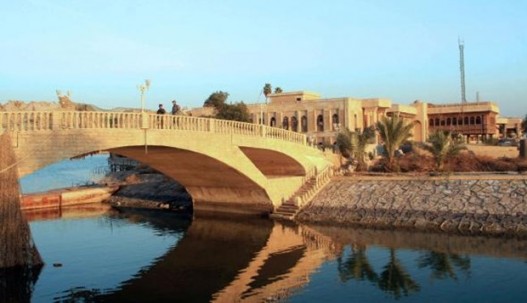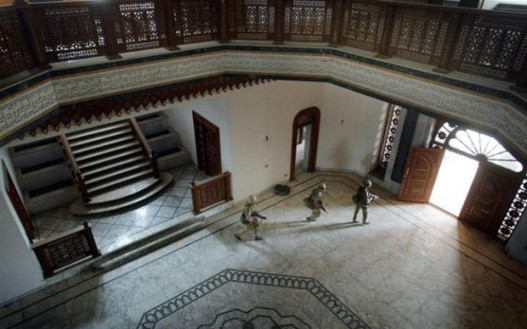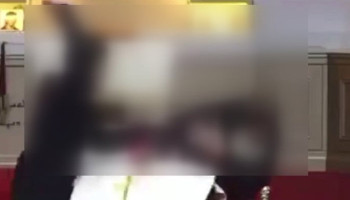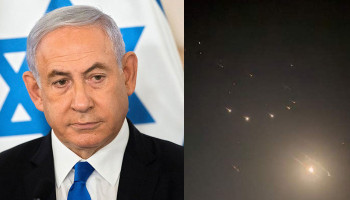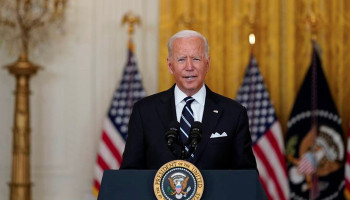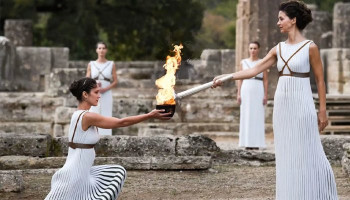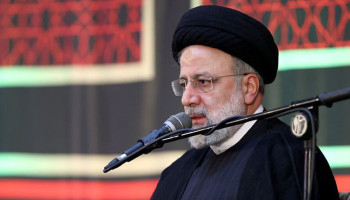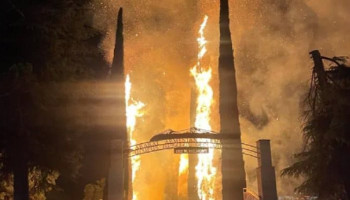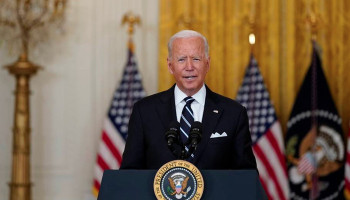Iraq Is Turning Saddam Hussein’s Palace Into a Museum
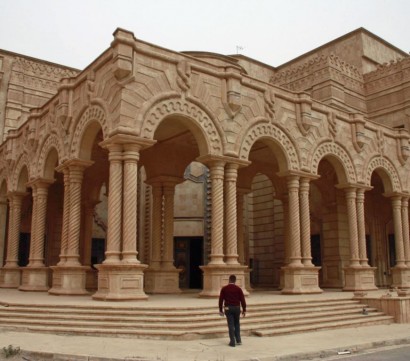
РЕКЛАМА “Politicians will be here for the dedication,” al-Musawi says, eyeing the elaborate script. “They won’t be happy with this.” Iraqi officials, however, are confident that converting one of Saddam’s former palaces into a museum—the first museum to open in the country in decades—will help spark a cultural revival in Basra, a southern port city and the country’s second largest and fastest growing urban center. From Saddam to Sumerians A Shiite militia group based in trailers just down the street occasionally threatens to requisition the palace, al-Musawi says. And the elaborate structure still bears the scars of several car bombs from when it served as a British Army mess hall after the 2003 invasion. But in recent years, political stability, an influx of people from the beleaguered north, and a growing oil business just beyond the city limits have turned Basra into a boomtown, making it a prime location for a new cultural attraction. “When the British left in 2008, I suggested that the central government turn the palace over to us,” says Qahtan al-Abeed, director of the Basra section of Iraq’s State Board of Antiquities and Heritage. Winning central government approval took two years. The Basra government then agreed to fund $3 million of the $3.5 million project. A United Kingdom charity called the Friends of Basrah Museum collected donations to cover the difference, mostly from oil companies, and the British Museum is providing free curatorial support. A Collection Behind Steel Doors Mindful of the 2003 looting of the Iraq Museum, al-Abeed ordered thick steel doors installed at the entrance to each gallery that can be quickly sealed. But he says security must be balanced by openness. “We want a very modern museum that does more than display objects,” he says. “We want to bring in people for all kinds of art and cultural activities, including training courses and professional meetings.” None of this can happen just yet, as the Basra government hasn’t put up its share of the renovation costs. “Like anything else in Iraq, it is difficult to achieve the simplest task,” says Lamia Al-Gailani Werr, a trustee of the Friends of Basrah and an Iraqi who lives in London. The committee suggested that al-Abeed open one gallery as soon as possible, to encourage the government to support the effort. He hopes to do so by September. Werr praises al-Abeed for his tenacity in pushing forward the museum. But his ambitious vision for Basra, where he was born but fled during the time of Saddam Hussein, extends beyond the renovated palace. |
